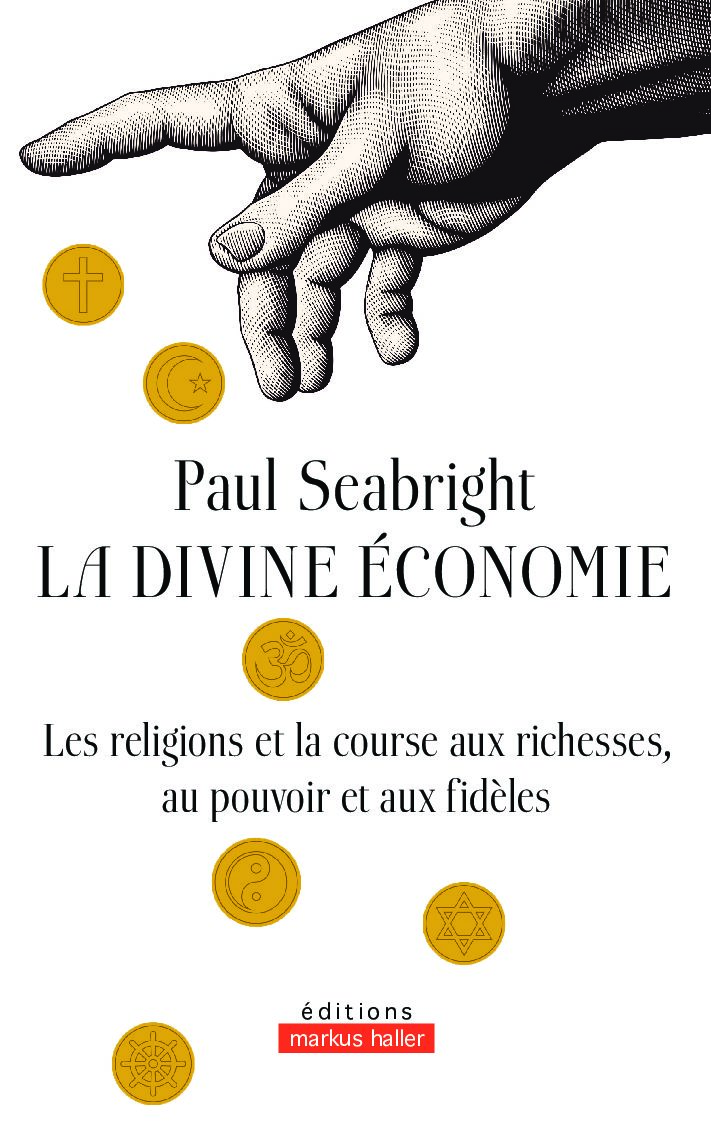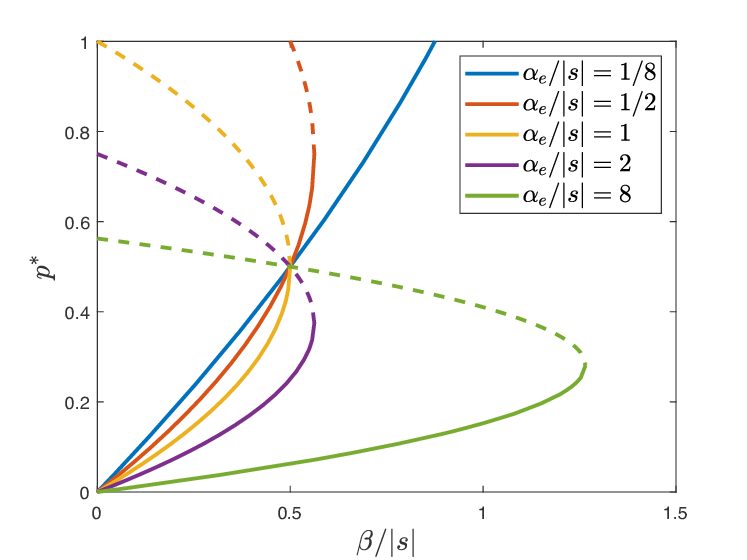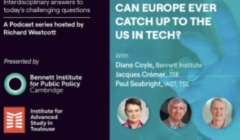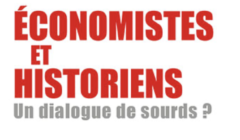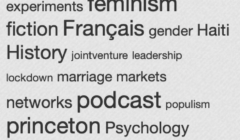On reading all Jane Austen’s novels in quick succession:
At the beginning of January 2025 I decided to read all six of the main novels of Jane Austen, whose 250th birthday falls later this year (on December 16th). I began with Mansfield Park (MP), continued with Pride and Prejudice (PP), Emma (E), Sense and Sensibility (SS), Northanger Abbey (NA), and concluded with Persuasion (P). Although I had previously read all of them, some several times, I had never read them close together. Several things stood out for me as a result:
- Adam Smith’s waspish observations in Book 5 of The Wealth of Nations about the idleness of Anglican clergymen are stunningly corroborated by Jane Austen. In every book young men pin their hopes on obtaining a living as rectors or curates, without any glimmer of aspiration to make a real opportunity of the position. Their only concern is with the income per annum it will provide. Some, like Edmund Bertram in MP or Henry Tilney in NA, seem temperamentally more suited to the work than others. But none of these aspiring clergymen would be of the slightest use in any other occupation.
- Clergymen provide the most comically odious characters she ever wrote (Mr. Collins in PP and Mr. Elton in E). Is that because her father was a clergyman, and an increasingly impoverished one? More puzzlingly, clergymen also provide her most colorless leading men (Edmund Bertram in MP, Henry Tilney in NA, Edward Ferrars in SS). Why?
- Jane Austen’s family life has been considered happy, despite her never marrying. But, despite some sympathetic portraits of family members (like Jane Bennett and the Gardners in PP), some of the most unbearable characters in her novels are sisters, parents, cousins. What was she hinting at?
- E is the novel that comes out best from the close comparison with the others. Despite my conviction that I remembered it in detail, I was startled by the finesse of the plot and the perfect judgment of the tone. Emma is both less likeable and more substantial than I had remembered her, Jane Fairfax captures the frustrating opacity of other people we want to know but can’t. Even Mr. Knightley is less priggish than my younger self had remembered him.
- SS and P come out badly by comparison. All Jane Austen novels have some long and tedious conversations, but SS is overflowing with them, many of them entirely lacking comedy. P is badly plotted, with characters even more stereotyped than usual.
- MP and P are both depressive (not depressing) novels. The best anyone can hope for is the acceptance of ordinary unhappiness. In both books, houses loom broodingly over the characters, in MP because a single house dominates them and draws them in, in P because they are constantly being obliged to move from one house to another. Houses elsewhere can be a reassurance of stability, like Pemberley in PP and Highfield in E, but in these two novels they are oppressive.
- Jane Austen’s view of the desirable qualities in a man is dominated by the importance of emotional faithfulness. Almost nothing else matters. Even kindness comes nowhere in comparison. Mr. Knightley and Henry Tilney are both kind as well as constant, but some of the other leading men are explicitly commended for their unkindness towards those whom Austen believes not to merit kindness, including Captain Wentworth in P for despising the inoffensive (but low-born) Mrs. Clay.
- Jane Austen is usually celebrated for mocking her most snobbish characters, but she is a serious snob herself. At the end of NA a Viscount is magicked into existence to marry the sister of Henry Tilney and to enable the heroine Catherine Morland to marry Henry. A necessary plot twist perhaps, but the enthusiasm with which Austen dwells on his charm AND his peerage suggests she was pretty impressed by peerages herself.
- Whether really a symptom of snobbishness or not, this fascination with social rank is consistent with a startling lack of interest on Austen’s part in what her courting characters will ever talk about once they are married. Once Mr. Darcy, Mr. Knightley, Edmund Bertram, Henry Tilney or Captain Wentworth have provided proof of constancy, Austen completely loses interest in them. Even the repartee between Lizzie Bennett and Darcy is presented as a form of negotiation, not as a pleasure their eventual marriage will prolong. The fact that Wentworth will spend most of his time at sea does not seem to bother either his fiancée Anne Elliott or Austen. This suggests a certain bleak realism. Women’s happiness after marriage, provided it is not threatened by infidelity or unkindness (and domestic violence is utterly absent from Austen’s world), will depend much less on conversation with her husband, than on whether she visits and is visited by people of high enough social rank to offer pleasant houses, good food and dancing. And that depends entirely on social rank.
- Consistently with all this, Austen does not like children, describing them rarely and then only as a nuisance. And she is completely uninterested in the lives of servants.
- A summary of Jane Austen’s view of life might be that she is a courageously tragic Marxist feminist. Feminist because her female characters are more interesting than her male ones. Marxist because economic circumstances determine everything else: nobody can enjoy a worthwhile life without prosperity. Tragic because even with prosperity, many people persist in leading superficial, worthless lives. And courageous because she has no illusions about any of this.


